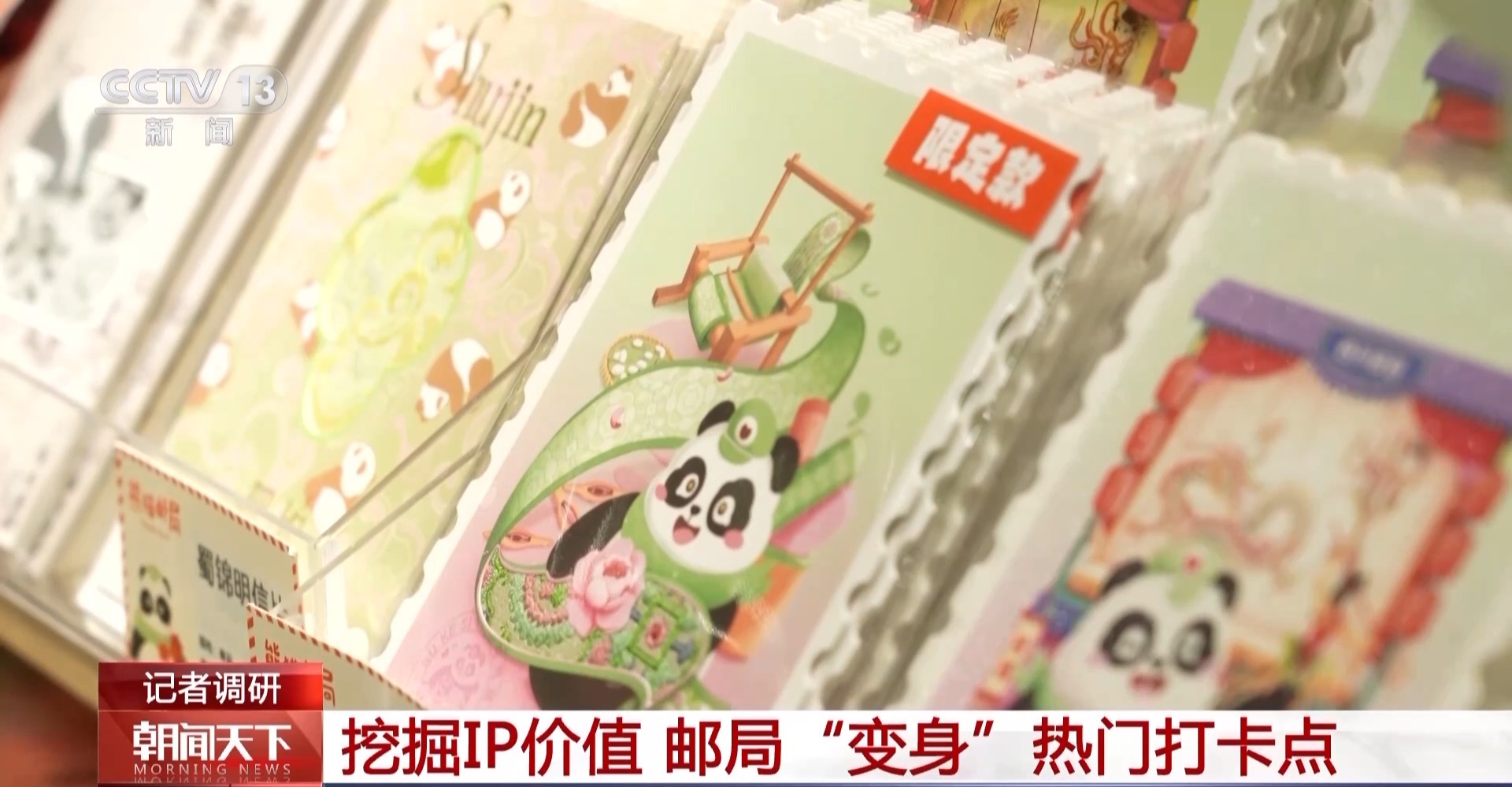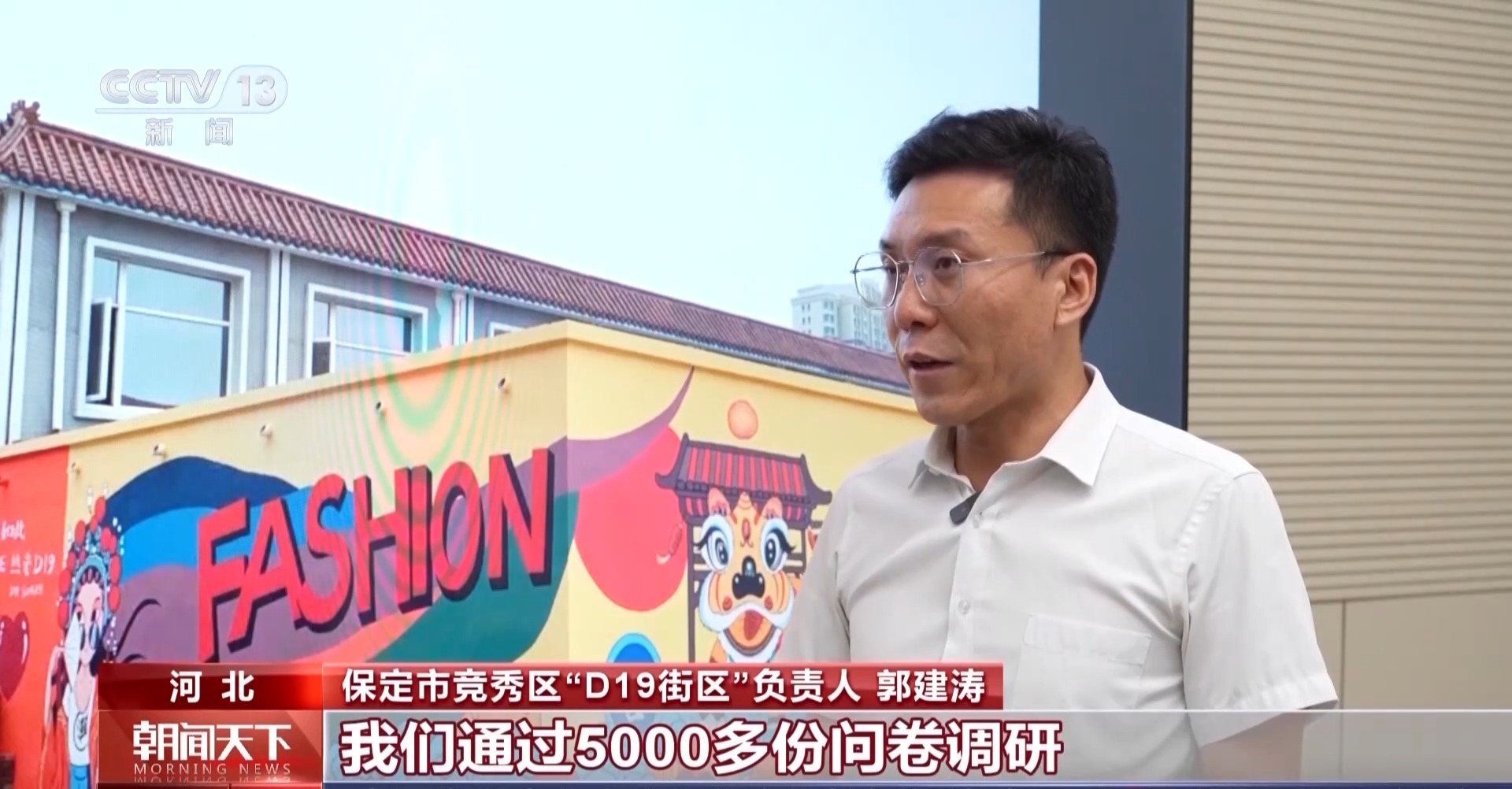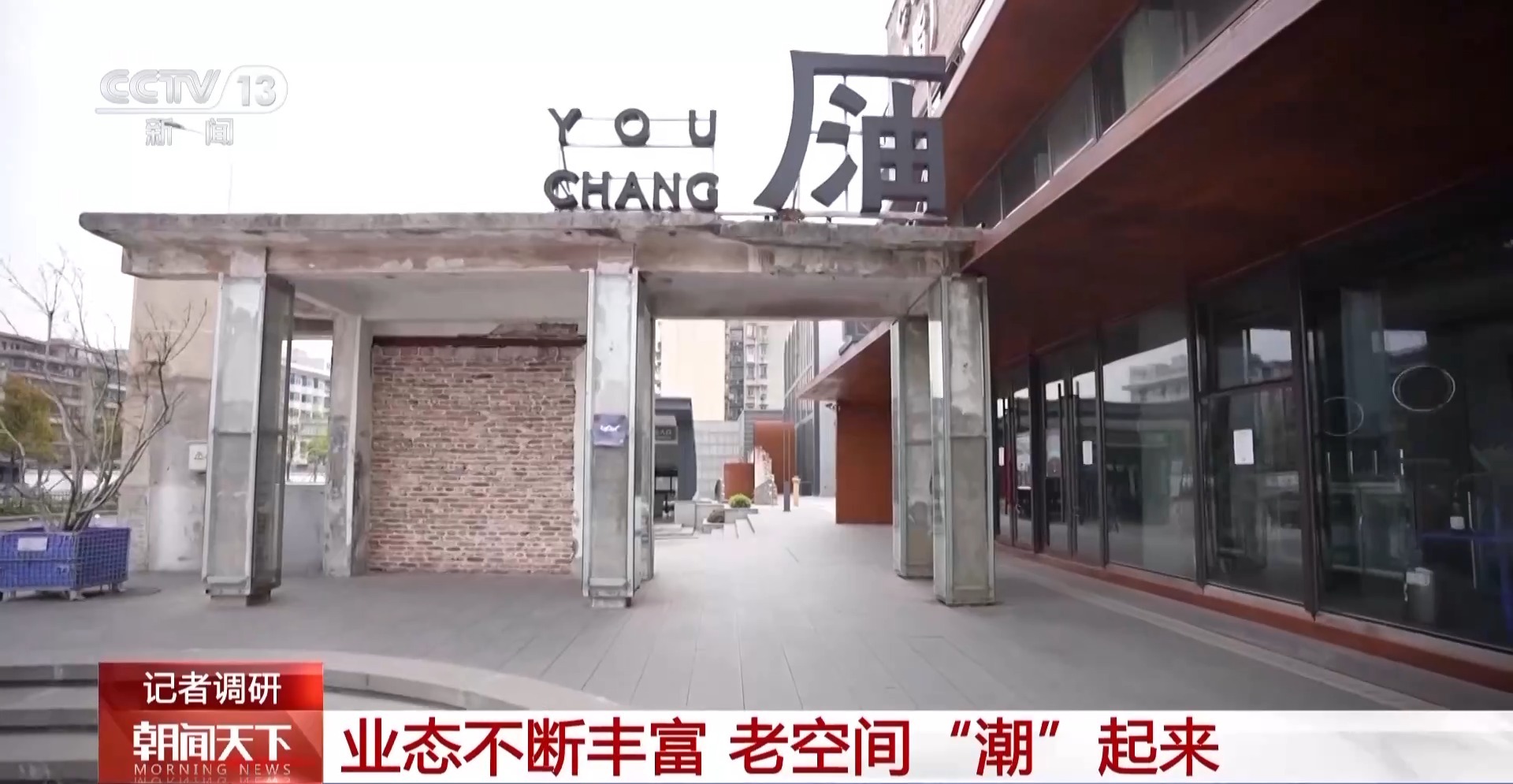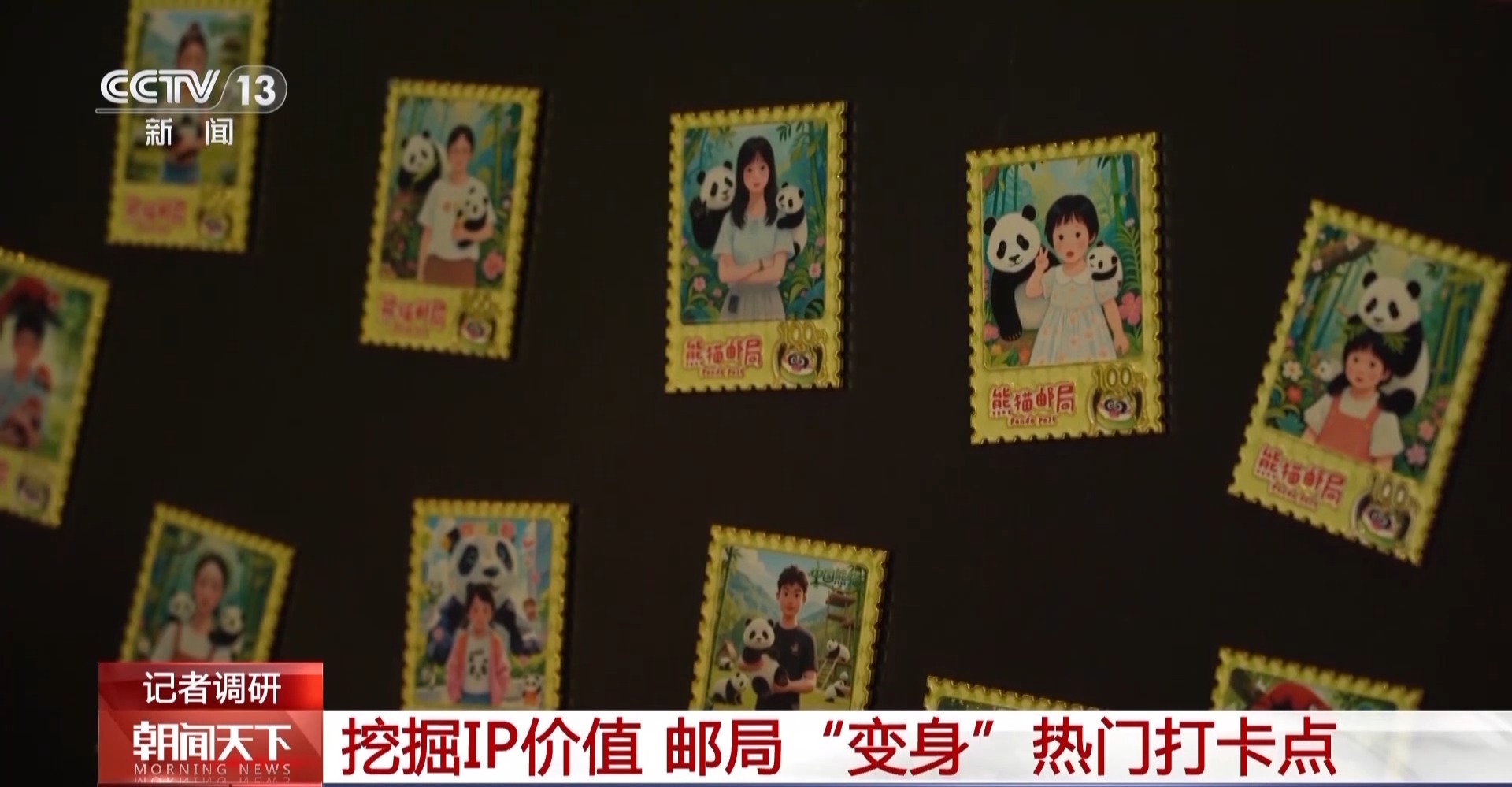This year, the country has proposed innovating diverse consumption scenarios, hoping that richer environments will become a new engine driving consumption. Recently, it has been observed that more and more places are revitalizing idle assets, including old buildings and factories, combining them with distinctive cultural IPs, and designing rich experiential programs to continuously attract visitors.
Uncovering IP Value
Post Offices “Transform” into Popular Check-in Spots
This summer, the newly opened marine research-themed post office in Qingdao, Shandong, has been bustling with visitors. Inside the post office, spiral staircase walls display deep-sea creatures at varying depths. The post office features seven functional areas, including marine science education and marine stamp exhibitions, where visitors can learn about the ocean through visual, tactile, and auditory experiences. Here, you can not only buy cultural and creative products but also stamp seals and handcraft非遗-themed postcards.
In Chengdu’s Panda Post Office, newly added AI-customized refrigerator magnets have attracted many tourists this year. The post office also regularly hosts themed folk activities to showcase非遗 techniques in cultural and creative products.

It has been noted that in cities like Beijing, Guangzhou, and Lanzhou, there are revitalized theme post offices that vividly present various elements such as the 24 solar terms, Party history stories, and Silk Road culture, using “postal green” as a carrier.
Becoming a Trendsetter Hub
Old Factory Areas Turn into New Popular Landmarks
Not only post offices but also commercial complexes integrating creativity and new business models are rising from industrial sites, becoming new urban landmarks.
In a basketball gym at Baoding’s “D19 Block” in Hebei, a youth basketball match is fiercely underway. Since the block reopened, this sports venue, transformed from an old factory building, has hosted over 1,700 various events.
Large street walls are covered with creative graffiti, attracting many young people to take photos. During the summer, daily foot traffic in the block reaches about 5,000 people, with sales in shops and retail stores increasing by over 30%.

Through more than 5,000 questionnaires, the business layout including e-sports, trendy toys, food, and cultural creativity was determined. Feedback was also gathered multiple times from university students.
With diverse new business formats, young people have new gathering spots, and recently, Baoding’s basketball league chose this location as its main venue.
Sports’ multifunctional roles are being fully utilized, with comprehensive value continuously emerging, creating a vibrant sports consumption ecosystem.
Continuously Enriching Business Formats
Old Spaces Become “Trendy”
Across the country, more and more commercial landmarks are emerging from urban renewal transformations.
Shanghai’s former cement plant is now the West Bund Dream Center. By day, it serves as a riverside “natural living room” for citizens, and by night, it transforms into a “waterfront theater.” The former Changsha oil factory in Hunan has introduced diverse new formats like trendy entertainment and dining, attracting many artists and young people to settle there.

Industrial heritage sites are being revitalized into “new landmarks” for experiential consumption. It is estimated that urban renewal commercial projects drive an average of over 50% consumption growth. The increase in commercial projects also continues to significantly boost employment in various service positions.
Deepening Connotation and Expanding Functions
Enriching New Consumption Scenarios
How can we better uncover the new potential of



